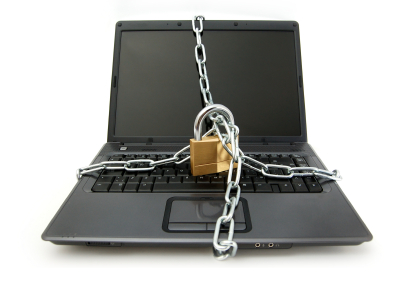After demanding, together with Amnesty International, that Internet censorship come to an end , Reporters without Borders has published a report with the title “Internet enemies”, where the organisation analyses Internet censorship in twenty-two countries.
“Internet´s twleve enemies (Saudi Arabia, Burma, China, North Korea, Cuba, Egypt, Iran, Uzbekistan, Syria, Tunisia, Turkmenistan and Vietnam) have turned their net into an Intranet, thus preventing users from accessing information that their governments regard as “undesirable”. All these countries clearly demonstrate, not only their ability to censor information, but also how they systematically repress trouble-making cybernauts”, the organisation declared.

Reporters without Borders has also listed ten political systems as being “under watch”, since they have also undertaken actions that can be worrying for the Internet and that can give vent to more abuses.
The organisation calls special attention to Australia and South Korea, where governments have recently adopted some measures that can endanger Internet´s freedom of speech.
“The issue is not just that the net is more and more under control, but also that they are creating new ways of censoring by means of manipulating information. Remotely controlled comments that appear in popular web pages and computer piracy orchestrated by censoring governments are both interfering with the Internet´s content”, the organisation added.
Today 70 cyber dissidents are in jail with charges of publishing information on the Internet. Followed by Vietnam and Iran, China holds the pitiful record for being the biggest jail in the world for cyber dissidents.
Download the full report here
“Internet´s twleve enemies (Saudi Arabia, Burma, China, North Korea, Cuba, Egypt, Iran, Uzbekistan, Syria, Tunisia, Turkmenistan and Vietnam) have turned their net into an Intranet, thus preventing users from accessing information that their governments regard as “undesirable”. All these countries clearly demonstrate, not only their ability to censor information, but also how they systematically repress trouble-making cybernauts”, the organisation declared.

Reporters without Borders has also listed ten political systems as being “under watch”, since they have also undertaken actions that can be worrying for the Internet and that can give vent to more abuses.
The organisation calls special attention to Australia and South Korea, where governments have recently adopted some measures that can endanger Internet´s freedom of speech.
“The issue is not just that the net is more and more under control, but also that they are creating new ways of censoring by means of manipulating information. Remotely controlled comments that appear in popular web pages and computer piracy orchestrated by censoring governments are both interfering with the Internet´s content”, the organisation added.
Today 70 cyber dissidents are in jail with charges of publishing information on the Internet. Followed by Vietnam and Iran, China holds the pitiful record for being the biggest jail in the world for cyber dissidents.
Download the full report here











